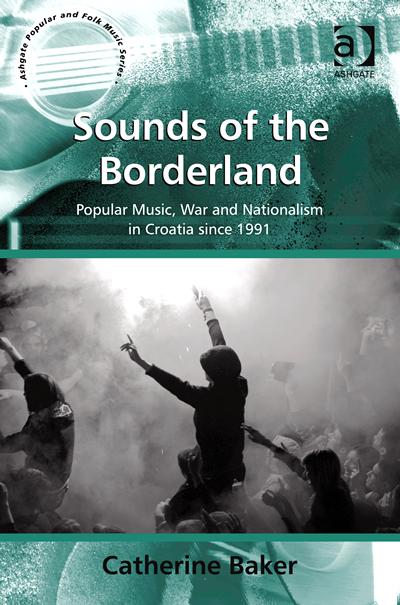Nationalism influencing music in former Yugoslav countries

Dr Catherine Baker from Modern Languages has won a prestigious prize for her study of nationalism in Croatia, told through its wartime and postwar influences on popular music. The George Blazyca Prize from the British Association for Slavonic and East European Studies recognises excellence in scholarly work in this region.
Catherine’s book Sounds of the Borderland: Popular Music, War and Nationalism in Croatia since 1991 (Ashgate, 2010) is the result of extensive research in the countries of the former Yugoslavia into questions of identity. Her multidisciplinary approach embraced history, cultural studies, languages and social sciences.
“Croatia became independent during the 1991-5 conflict,” she explains. “During this war on ethnic ambiguity, many musicians released patriotic songs which sought to define a national identity for this small country.
“After the war, many people relocated from state to state on ethnic or religious grounds. They were making decisions on their own identity and where to live because they could no longer be just ‘Yugoslav’. The music industry changed too.”
Often singers, born in one country, working in another, with colleagues from different places, had to choose whether to become ‘Croatian’ or ‘Serbian’. “Fans from the ‘other’ country often regarded them as disloyal for making the choice. There are examples of bands with members from several countries splitting up and reforming ” she says.
Catherine also works with the Languages at War project at the Universities of Southampton and Reading, which is funded by the Arts and Humanities Research Council. The Southampton strand involves investigating the policies and practice of language encounters in the Bosnian peacekeeping operation between 1995 and 2000.